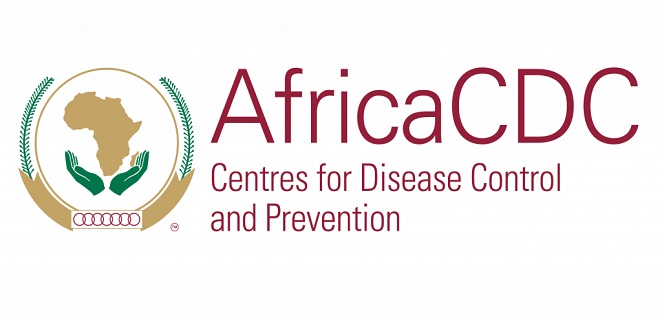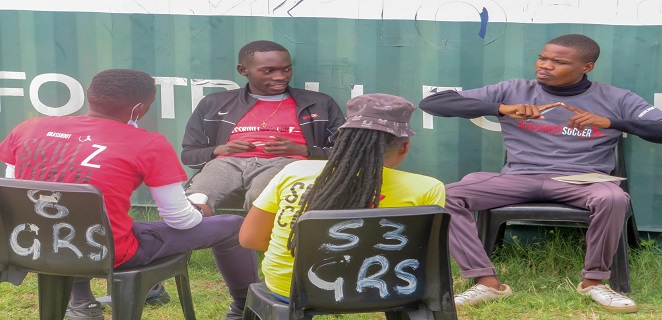THE prevailing lockdown has seen more young girls engaging in sexual activities with either older males and or boys of their ages, while a significant number of reports of sexual abuse against girls were also reported since Zimbabwe commenced its lockdown measures in March this year.
By Michael Gwarisa
Speaking during a virtual meeting which was hosted by Plan International Zimbabwe, Maxwell Mhlanga, Plan Int Zimbabwe’s (PIZ) Sexual and Reproductive Health and Rights (SRHR) Manager said a survey they conducted in April indicated that more girls were indulging in sex during the first phase of Zimbabwe’s lockdown period and it could lead to a spike in Early Unintended Pregnancies (EUPs), Sexually Transmitted Infections (STIs) and school dropouts post lockdown.
The online survey which was conducted by PIZ targeted adolescents aged 7 to 17 years and aimed to show results of sexual activities amongst adolescent boys and girls aged 13 to 17 years. The sample was taken across the country’s 10 provinces and the sample size was 11, 674 boys and girls.
According to the Survey, 5109 girls against 3217 boys engaged in sex during the period under review bringing the total to 8326. Of the 8326, 2186 girls engaged in safe sex while 986 boys also engaged in safe sex bringing the total to 3172 of adolescent who had protected sex during the period. However, 2361 girls said they had unprotected sex during the period under review whereas 1933 boys also confessed to having unsafe sex.
50% of the boys and girls who were interviewed of those 11, 674 had sex by April this year. Of that 50%, 62% were girls. Only 38% of the adolescent girls engaged in safe sex and of those who engaged in safe sex, only 42% of the girls had safe sex at least according to their reports. 6% of the girls who responded to that survey gave an anonymous answer on the question of sexual activity.
“Looking at this kind of exposure and the risk that unsafe sex has to the girl child with regards to teenage pregnancy, Sexually Transmitted Infections (STIs) and HIV, we still have a lot of things to deliberate on because globally, it has been proven that teenage pregnancies have negative effects on the girl child resulting in complications during child birth and statistics have proven that, one in every four maternal deaths is a teenage mother or adolescent mother,” said Mhlanga.
He added that complications during pregnancy and childbirth are the leading cause of death for 15–19-year-old girls globally and about 5.6 million abortions yearly occur among adolescent girls 15–19 years whereas 3.9 million are unsafe, causing maternal mortality, and lasting health problems
“Adolescent mothers (ages 10–19 years) face higher risks of eclampsia, puerperal endometritis, and systemic infections and babies of adolescent mothers face higher risks of low birth weight, preterm delivery and severe neonatal conditions. Adolescent mothers are also the highest risk group for obstetric fistulae and also not forgetting the fact if they are in school, most girls once they fall pregnant drop out of school which further worsen their situation.”
In May, 2020, Plan International Zimbabwe also conducted a rapid assessment to assess the impact of COVID-19 on girls and young women with regards to SRHR and SGBV in Zimbabwe.
Katswe Sisterhood Programs Officer, Otilia Chinyani however said their engagements in communities have revealed that more girls were indulging in sexual activities during the lockdown due to poverty and also as a way of escaping from the fatigue and boredom associated with the lockdown.
“From our experience as Katswe Sisterhood, we have been working with faith communities because we acknowledge the power that faith and religious leaders have in terms of prevention of Sexual and Gender Based Violence (SGBV) and in terms of demystifying issues in terms of SRHR.
“There are a lot of gaps in terms of information and access to services and attitudes in relation adolescents accessing SRHR information and services. Looking at issues of teenage pregnancies, I think even before COVID-19, it has always been a huge SRHR issue and there has been a spike in terms of the teenage pregnancies since the lockdown started. Some of the reasons from the conversations that we have been having with women and the girls themselves in communities indicate that some of the girls have been hiding behind going to a friend’s place to study whilst they will be going out to meet boys.
[pullquote]”The issue of poverty also comes into play, poverty has always been a major driver to teenage pregnancies where you find that girls are engaging in inter-generational relationships just to get that extra money,” [/pullquote]said Chinyani.
Meanwhile, Childline Zimbabwe indicated that at least 41% cases that were reported to their organization during the lockdown period were of a sexual abuse nature and Manicaland reported the highest cases.
Progress Nangati from Childline said even though services were disrupted by the lockdown, Childline was able to provide services to adolescents who called through requesting assistance through providing safe and confidential reporting platforms.
“In April of 2019, Childline received 67, 587 calls in comparison to the lockdown in April 2020, we received 95, 824 cases and this translates to an increase of 28, 237. You would realize that however, in as much as we had a high traffic of calls in April, we howewer documented a decrease in the number of cases that we actually had. This is because due to the lockdown and the COVID-19 regulations, our call center has the capacity to have 25 helpline agents at any given time but due to COVID-19 precautions, we had to reduce the number and we actually had to close one of our call centers.
“You would realize that whilst we had a high volume of calls that were coming in, we had a decrease in cases but not translating to say children were not being violated more but its because we as ChildLine, we were not able to then offer these services to children because we had to adhere to the COVID-19 regulations,” said Nangati.
Speaking to the nature of calls Childline received during the lockdown, Nangati said Sexual abuse targeting girls most contributed to the highest number of cases that were reported to their organization. A significant number of emotional and physical abuse cases was also recorded even though sexual violence had the highest.
“We would also like to point that we received a gradual increase in cases starting from the 17th of April which was the period towards the end of the first lockdown period and from the data that we were receiving, 60% of the cases were coming from girls and from the girls that were calling in, you would realize that the age group that was most affected was the 13 to 15 years and these ones had 31 percent, followed by the 16 to 17 years where we had 19% of girls who were being abused according to the reports that were coming through.”




